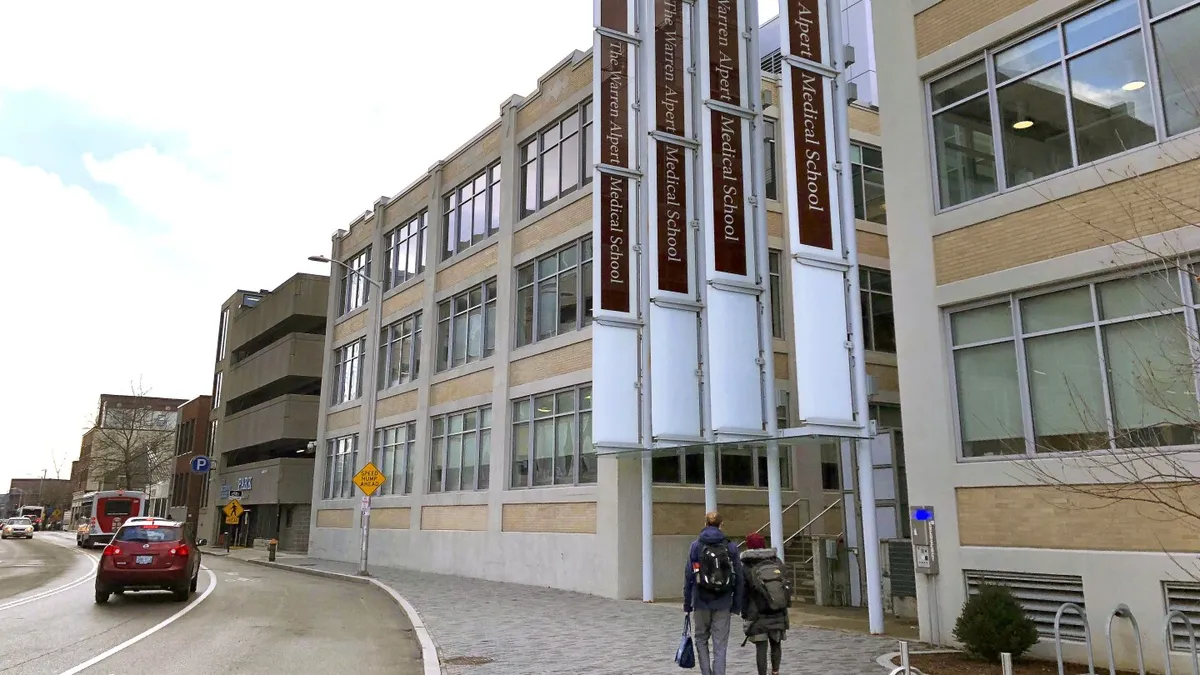
A federal judge in Boston is seeking clarification regarding the deportation of Dr. Rasha Alawieh, a 34-year-old physician from Lebanon who had recently been granted a U.S. visa. Dr. Alawieh, who is a specialist in kidney transplants, arrived at Boston Logan International Airport on Thursday after receiving her visa on March 11. However, her arrival turned problematic when she was detained for over 36 hours, as detailed in a federal court complaint lodged by her cousin.
Before her visa approval, Dr. Alawieh had previously worked and resided in Rhode Island. She was set to commence her role as an assistant professor of medicine at Brown University. Her expertise in nephrology had made her a valuable addition to the academic and medical community at Brown. However, her detention raised serious concerns about the adherence to legal protocols surrounding immigration enforcement.
U.S. District Judge Leo Sorokin issued a directive on Friday for an in-person hearing to be scheduled for Monday, insisting that Dr. Alawieh be brought to court. In his order, Judge Sorokin emphasized the necessity of this hearing, irrespective of her custody status with U.S. authorities. He stated, “Whether or not she is in custody of the United States, the court anticipates proceeding with this hearing.”
By Saturday, Dr. Alawieh's cousin filed a motion alleging that customs officials had “willfully” disobeyed the court's order by proceeding with her deportation back to Lebanon. This has raised significant legal questions about the enforcement of immigration laws and the rights of individuals awaiting legal proceedings. Judge Sorokin has given the government until Monday morning to respond to these allegations, ahead of the scheduled hearing at 10 a.m. The government's response has not yet been made public.
The complaint filed on behalf of Dr. Alawieh highlights her impressive qualifications. Prior to the issuance of her H1B visa, she had held fellowships and completed residencies at three universities across the United States. A spokesperson for Brown Medicine, the clinical practice affiliated with Brown University, confirmed her employment status, stating that Dr. Alawieh has a clinical appointment at Brown and is part of a not-for-profit medical organization that directly serves its patients.
The unfolding situation surrounding Dr. Rasha Alawieh raises critical questions about immigration enforcement and the legal rights of professionals who are invited to contribute to the U.S. healthcare system. As the case develops, many are watching closely to see how it might influence future immigration policies and practices, particularly for skilled workers entering the United States.